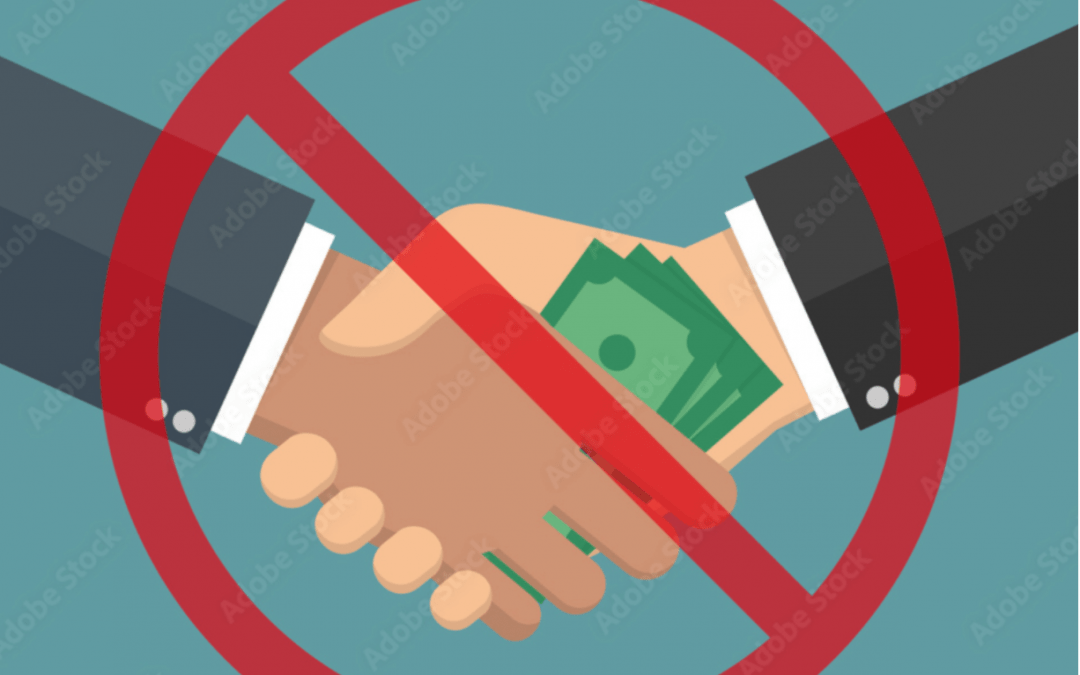Russian tampering in United States elections has been making headlines for years. The issue came to the forefront of national media in 2016 with efforts to damage the Clinton campaign, targeted social media ads, and even accessing voter information. This led to a special counsel investigation under Robert Mueller. A major effect of Russia’s influence was the sowing of distrust among the American populace. The phrase “fake news” has become a common threat thrown out to discredit anything that doesn’t fit a particular narrative. However, fake news is exactly what Russia has been spreading through social media and other platforms as early as 2016. Mueller’s report stated that Russian companies sought to conduct “information warfare” against the United States of America in an effort to sow distrust in the government and a lack of consistent reliable information.
With the 2022 and 2024 U.S. elections around the corner and all eyes on Putin and the war in Ukraine, there is little doubt that the war is going to be a topic of continued interest in upcoming elections. Specifically because a $13.6 billion dollar emergency spending plan was just approved by Congress to fund foreign aid, military supplies, and military intelligence in Ukraine. However, much of the news and imagery that has been reaching the United States about Ukraine has been altered, tampered with, or is “fake” in some way. This leads to a growing concern that Russia will continue to manipulate and use the war in Ukraine to their advantage to sow discord and unrest within the United States.
The Russian war in Ukraine has led to increased scrutiny on the corruption in the US electoral system. This is largely due to the fear that Russia will be increasing its fear mongering tactics and fake news in the upcoming election cycles. Simultaneously the United States government has been cracking down on the massive amount of Russian wealth hidden in the States. Many of the Russian oligarchs who have hidden their assets away in the West are involved in election tampering.
Biden stated early in his presidency that taking on corruption was a major national security interest. However, despite how seriously this administration was taking corruption, and how much Biden condemned Russian interference in the 2020 election, the President did not sanction Russian oligarchs until after Putin’s invasion of Ukraine. Now the US has sanctioned major Oligarchs and even Putin himself.
The United States is now taking concrete steps towards creating anti-corruption with the creation of a Department of Justice Task Force KleptoCapture in order to track how cryptocurrency plays into corruption. These skills will then be applied against non-Russian entities. The government is putting a new focus on the role that crypto plays in corruption and how these issues have evaded scrutiny in the past.
Russia targeted a significant amount of social media, particularly Facebook, in previous elections. Facebook has had Congressional hearings and in recent weeks banned Kremlin owned media to prevent bias on their sites. In 2020, due to a tip from the FBI, Facebook removed a network of fake pages and accounts critical of Joe Biden created in order to undermine his campaign. In 2021 Twitter banned President Trump after the January 6th attacks at the Capitol citing his calls for violence and repeated violations of community guidelines. These actions by major private social media organizations have significant influence on the perceptions of the public and how the average person consumes news. However, they have deep ties to government institutions and electoral efforts. As anti-corruption efforts move forward it will be interesting to see if and how the private and public sectors interact with each other to prevent corruption. It is a unique balancing act between private organizations and the protection of free, and fair elections.
Emma Ross is a 2L at the George Washington University School of Law. She is a member of the Journal of Energy and Environmental Law. She has Bachelor’s degrees in Political Science and Psychology from Binghamton University.

